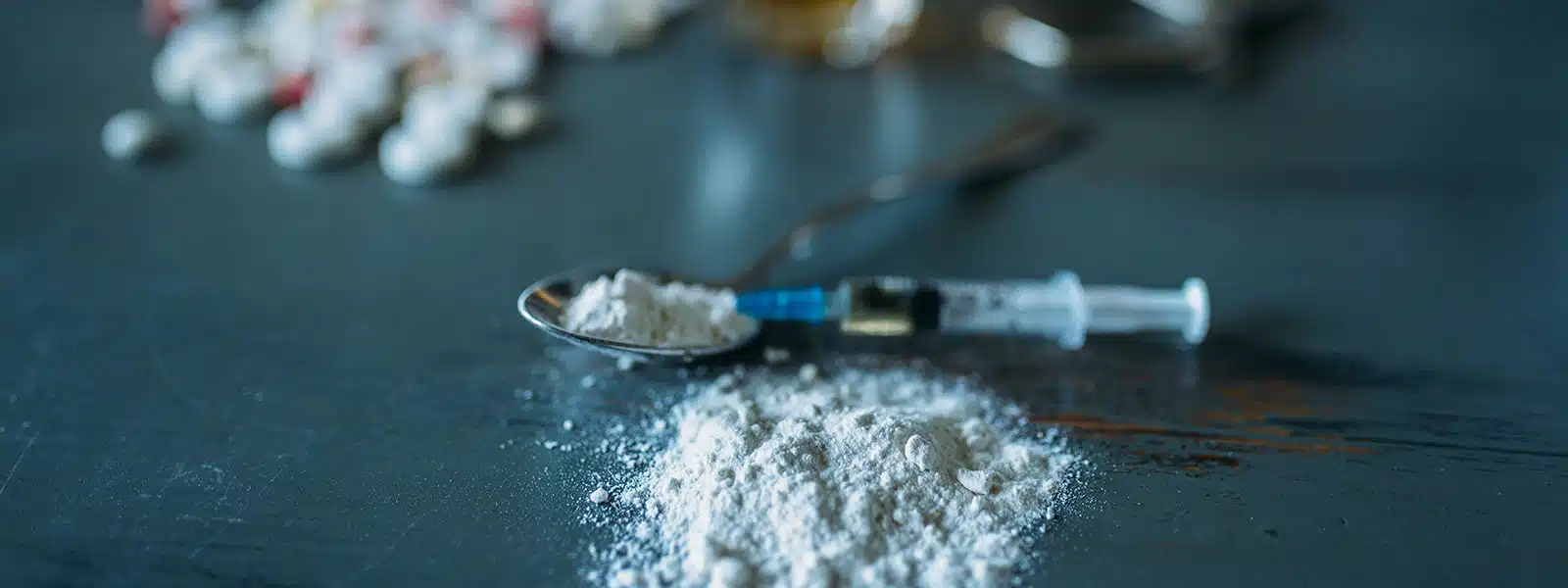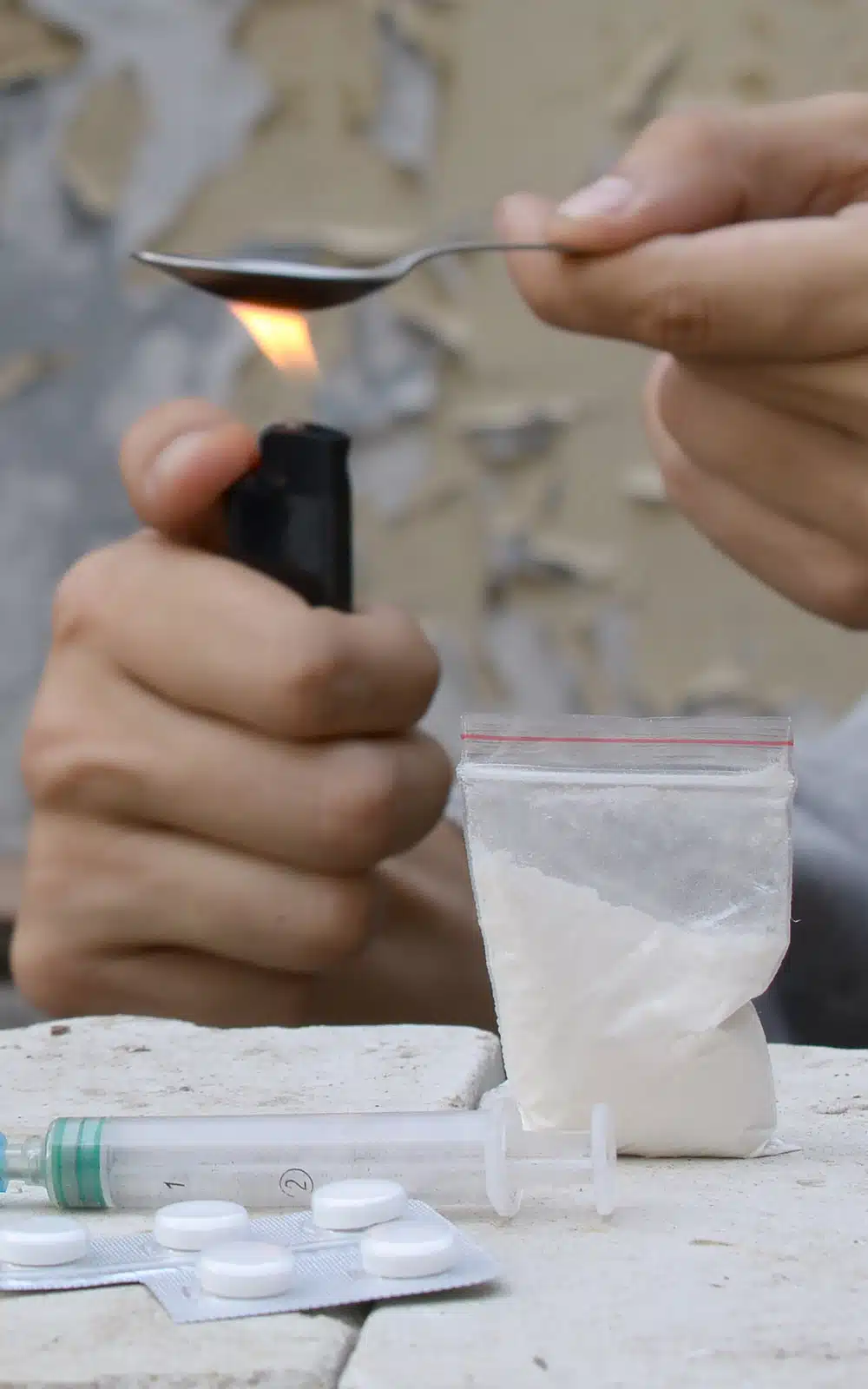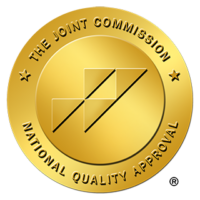Cocaine Detox
Cocaine Detox Treatment Changes Tomorrow
Cocaine detox treatment is often the first step in the recovery process for those who are dependent on it.
As a highly addictive drug, cocaine can lead to dependency among those who abuse it. Data from the U.S. Centers for Disease Control and Prevention shows that in 2022, 27,569 people died from cocaine overdose in the US, a 73.5% increase from 2019.For many, the first step in getting help is to enroll in cocaine detox treatment.
Cocaine Detox
Cocaine creates a powerful sense of euphoria, often due to an extreme elevation of mood. It encourages the release of chemicals in the brain to stimulate that feel-good experience. When a person continues to use that substance, the structure and function of the brain change, and with it comes a constant need to continue to use the substance.
If a person with dependency tries to stop using cocaine suddenly, without help, they face intense withdrawal symptoms and a potential medical crisis. As a result, when dependency is a concern, cocaine detox treatment helps create a stepping stone towards treatment. For those ready to beat their addiction to cocaine, going through the cocaine detox process is necessary.
Engage Wellness Acton does not offer formal cocaine detox as an inpatient service at our location. We partner with local detox centers to offer initial help and treatment during this critical early stage before providing ongoing substance use disorder treatment within our care center. When you contact us, we can offer you guidance on the best detox treatment options for cocaine dependency.
What Is Cocaine Detox?
Cocaine detoxification is the process of the body expelling the substance through natural processes. This happens only when a person stops using the substance for a period of time. The cocaine detox process involves not just preventing use but also controlling the withdrawal symptoms that can become debilitating in those with dependency.
Cocaine is a highly addictive stimulant. As a result, simply stopping its use immediately can lead to harmful physical and mental effects until the body and brain become used to not having the substance present. In a cocaine detox treatment program, support is available to ease the withdrawal symptoms and provide medical care if it’s necessary.
In some situations, cocaine detox can happen at home in a stable environment with support. More often, those with a moderate to severe level of addiction may benefit from inpatient treatment in a specialized detox facility.
What Happens During Detox?
The detox process enables a person to receive the type and level of care they need based on the severity of their dependence, other health factors, and their overall use patterns.
Typically, there are several steps:
- Intake: During this initial step, a licensed medical professional will conduct a full interview with the client. The discussion centers around the specific type of cocaine used, the amount, and the frequency. Additionally, the process will include a physical and psychiatric exam to determine a person’s current state of health. A full medical history is also taken.
- Detoxification: This process is the active period of detoxification in which the body naturally flushes the substance. This timeline often takes 36 to 48 hours for the most severe withdrawal symptoms. During this process, withdrawal symptoms can be significant or mild depending on the level of dependency and other factors.
- Post-detoxification: Once that initial period resolves, there is often a period of healing and recovery, which can last another 48 hours or longer, depending on a person’s mental and medical needs. The goal at this stage is to recover from any withdrawal symptoms experienced.
The Cocaine Detox Process
The process occurs over several phases. Detox in a formal treatment center is typically completed within a week to 10 days. However, some symptoms can linger for up to four weeks.
Post-Acute Withdrawal Syndrome
An intense craving for being high is not uncommon during the initial acute phase but is less likely as the cocaine detox process moves forward. In some people, post-acute withdrawal syndrome may occur, which often means that symptoms of withdrawal, though milder, may continue to be present over time. This can last several weeks.
For those going through the cocaine detox process, this phase of detox may center on impulse control. Some people struggle with the ability to abstain from continued cocaine use. Careful monitoring and professional guidance may be necessary.


Types of Cocaine Detox
There are two main forms of cocaine detox defined by where they happen. That includes inpatient treatment at a specialized treatment center and outpatient detox.
Finding the Right Detox Facility for You
When you are ready to embark on cocaine addiction treatment, the process starts with a call to Engage Wellness Acton. Our team of compassionate counselors is available to offer insight. If we believe you may benefit from cocaine detox treatment as a first step, we can help you connect with the best local treatment programs available to help you right away.
After the cocaine detox process, the team at Engage Wellness Acton. will provide you with the ongoing care and support you need to work toward a more fulfilling, healthy future.
Contact us to learn more about program options and for immediate support.










